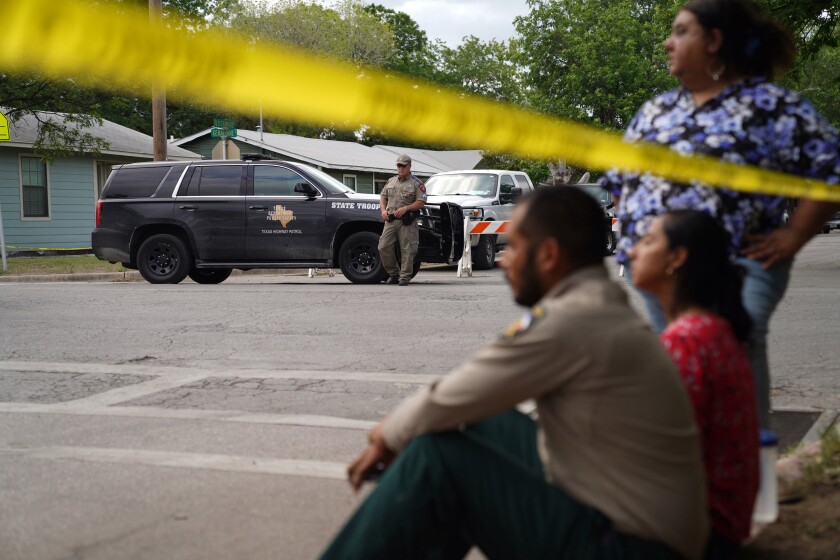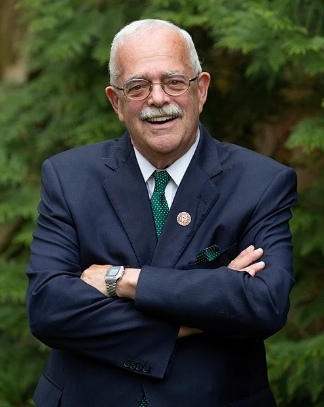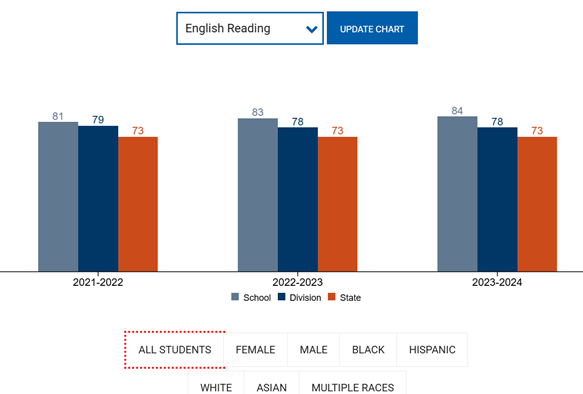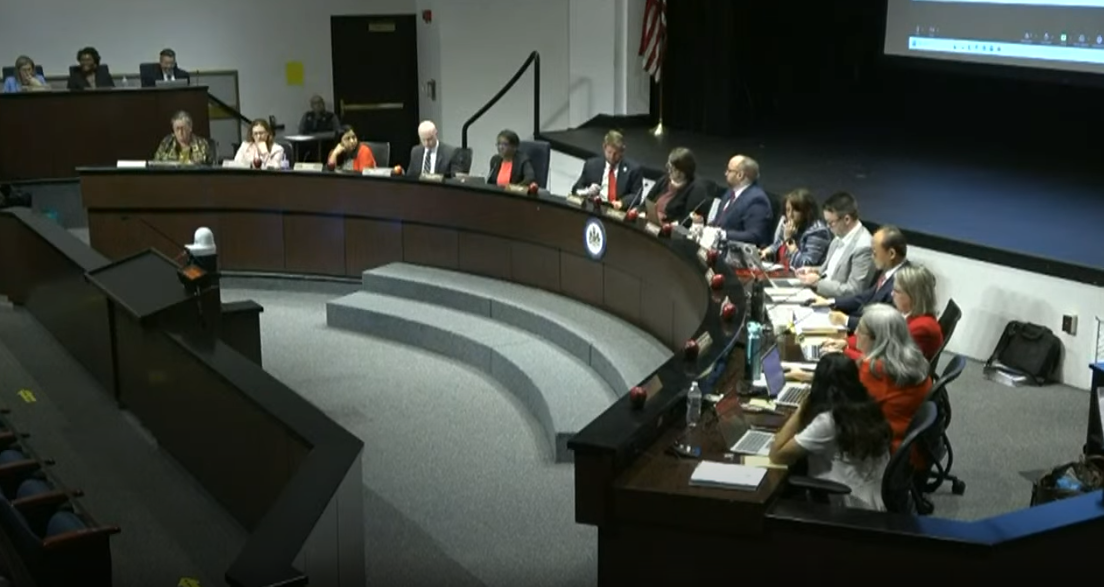Op-Ed: We’ve Been Here Before, Haven’t We?

An armed gunman murdered nineteen students and two teachers at Robb Elementary School in Uvalde, Texas on May 24, 2022. Robb Elementary School’s last day before summer vacation was supposed to be May 26, but, instead, students are either traumatized, recovering from bullet wounds, or dead.
Before the weight of the tragedy could set in, conspiratorial speculation surrounding the perpetrator had already begun to spread. Conspiracies about mass shootings are nothing new, but this time the theories took a unique turn. A rumor began on the website 4chan that the shooter was a transgender woman. Users had taken images posted by several trans women and falsely suggested the idea that the shooter was trans.
The story quickly spread to mainstream sources, with Arizona Congressional Representative Paul Gosar claiming that the shooter was a “transsexual leftist illegal alien.” In reality, the shooter was a cisgender U.S. citizen who has shown no ties to left-wing politics. Regardless, the conspiracy has already resulted in real world action.
Shortly after the rhetoric began to spread, a 17-year-old girl was attacked in El Paso, Texas for being trans with her attackers mentioning the false claims, according to LA Blade, an LGBTQ+ news source. The conspiracy surrounding the shooter follows a wave of anti-trans legislation in Texas, with Governor Greg Abbott issuing a letter to the Texas Department of Family and Protective Services, stating that gender-affirming medical care constitutes as child abuse. Transgender rights, and LGBTQ+ rights overall, have grown dramatically over the past decades, but the pushback against these rights has grown stronger. Aside from legislation, like in Texas, transphobic hate crimes have also risen in the past several years, as stated in a 2020 FBI report.
There are also strong ties between transphobia and white supremacy. The shooter from the recent attack in Buffalo, New York targeted a black community, but he also included anti-trans rhetoric in his manifesto. With the growing pushback against trans rights being carried out on an individual and government level, and the direct ties between white supremacy and transphobia, an interesting historical parallel begins to appear.
The current trajectory of LGBTQ+ rights in the United States shares a through line with the rise of gay rights movement in Berlin during the Weimar Republic before its termination by the Nazi party. Unbeknownst to many, gay rights increased significantly in Berlin between 1867 and 1933, as individuals like Karl Heinrich Ulrichs spoke against sodomy laws, and the Berlin police stopped their raids on gay bars. In 1919, the Institute of Sex Research was created by Magnus Hirschfeld, which operated under Hirschfeld’s belief that if science was able to understand homosexuality, then the prejudice would disappear. The institute was also responsible for the first modern gender affirmation surgeries, which took place in the 1930s. Despite the wave of progress over the previous decades, gay rights in Berlin quickly dissolved when the Nazis came to power. This culminated on May 6, 1933, when Institute of Sex Research was raided by the Nazis, and the contents of its library were burned in the Opera Square book burning.
Claiming that there will be a repeat of Nazi atrocities in the U.S. feels like hyperbole, but with the recent attempts to ban books with LGBTQ+ subject matter in Texas, the book burning in Tennessee, and the increased prominence of physical and legislative attacks on LGBTQ+ individuals, the direction of the country couldn’t be more clear. Unless action is taken against these attacks through voting, protest, or other means, then this arc of history will reach its natural conclusion. The gay rights movement of Berlin started in 1867 and was crushed sixty-six years later by the Nazis. The modern LGBTQ+ rights movement started in 1969 with the Stonewall riots. It has been fifty-three years since then.
We’ve been here before, haven’t we?
























































